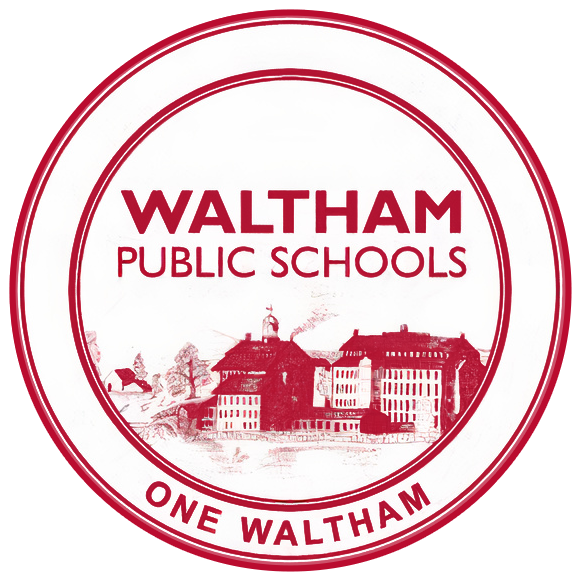| | | |
|---|
Unit | Timeframe | Essential Question | Major Learning Experiences from Unit |
Foundations of Government | September | | Students will: Explore the development of societies, laws, and governments among ancient peoples Compare the features and trace the contributions of the governments of ancient peoples.
Assessments include: |
The Enlightenment | October | | Students will: Explain the influence of Enlightenment ideas upon the American Revolution and the framework of American government Explore other important influences upon the US Constitution including the Magna Carta, the English Bill of Rights and the Mayflower Compact
Assessments include: |
The Road to Independence | October - November | How did British actions and legislation lead to changes in colonial attitudes and perspectives and ultimately American independence? Why is the Declaration of Independence considered one of the most important documents in United States and World history? What methods can citizens use to enact change in government (ie. boycott)?
| Students will: Investigate the experiences that led the American colonies to declare independence Describe the actions used by the American colonists and contemporary Americans to change / improve their government. Explain the key ideas included in the Declaration of Independence
Assessments include: |
US Government: Form / Functions | December - January | How do the institutions of the U.S. political system work? How and why does each branch of government check the powers of others? Why did political parties form? What purpose do they serve? Do they help or hinder democratic government?
| Students will: Explore the features of the US Constitution and learn the functions of each branch of government Examine the relationship between each of the branches of government Describe the role of political parties in elections
Assessments include: Daniel Shays: Hero of Villian? Monument Project “Should we keep the Electoral College?” Debate Preamble to the Constitution Module Assessment
|
The Supreme Court / Citizenship | February - March |
| Students will: Explain the role of courts in local, state and federal government. Explore how the Supreme Court’s interpretation of the Constitution and its Amendments has shifted over time and has impacted life in the US Research major precedents / decisions of the Supreme Court
Assessments include: |
The Media | April - May | | Students will: Explain why freedom of the press was included in the First Amendment and explain the role of a free press in a democratic society Give examples of how a free press can provide differing views of events, governments and politics
Assessments include: |
State and Local Government | May - June | | Students will: Assessments include: |
